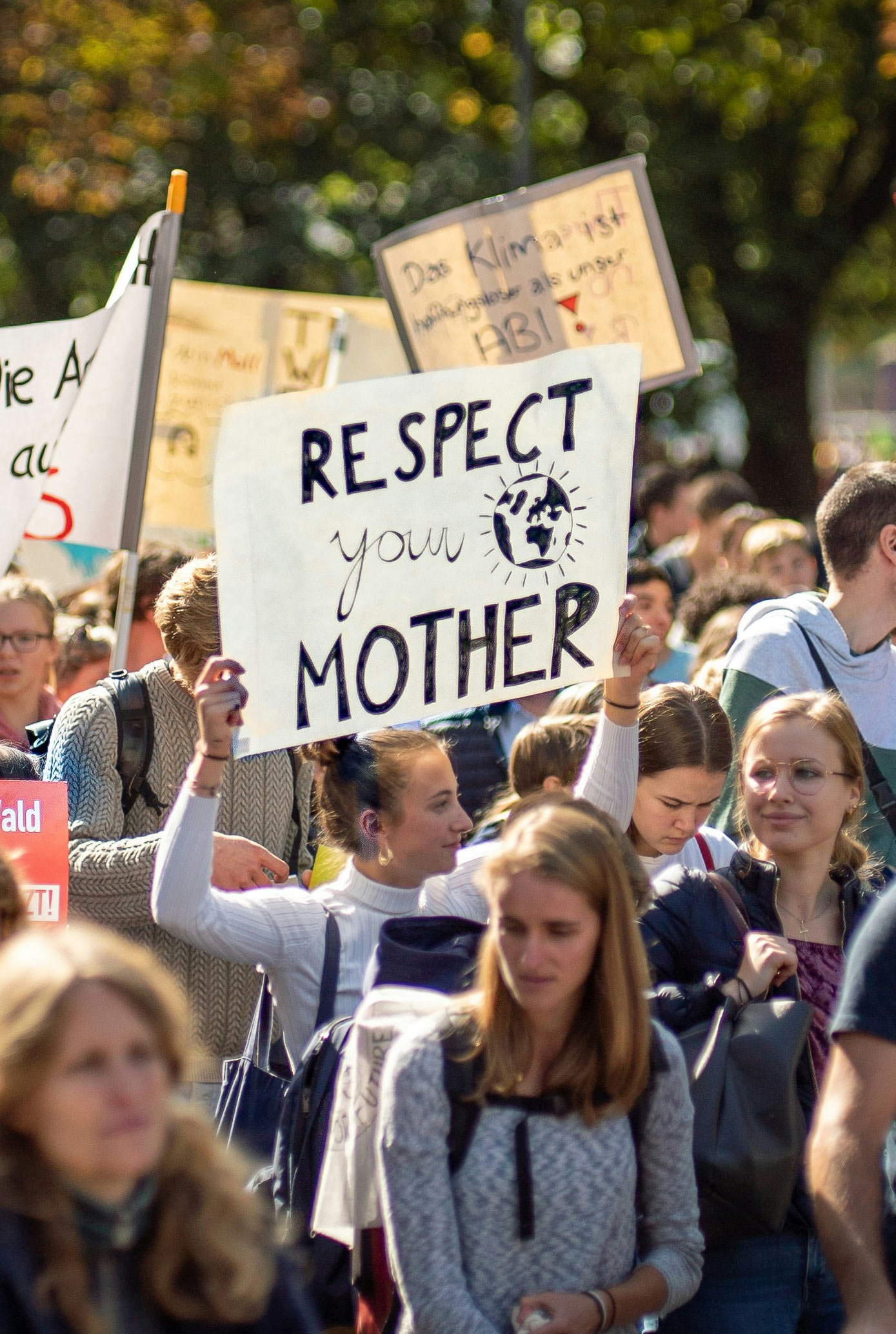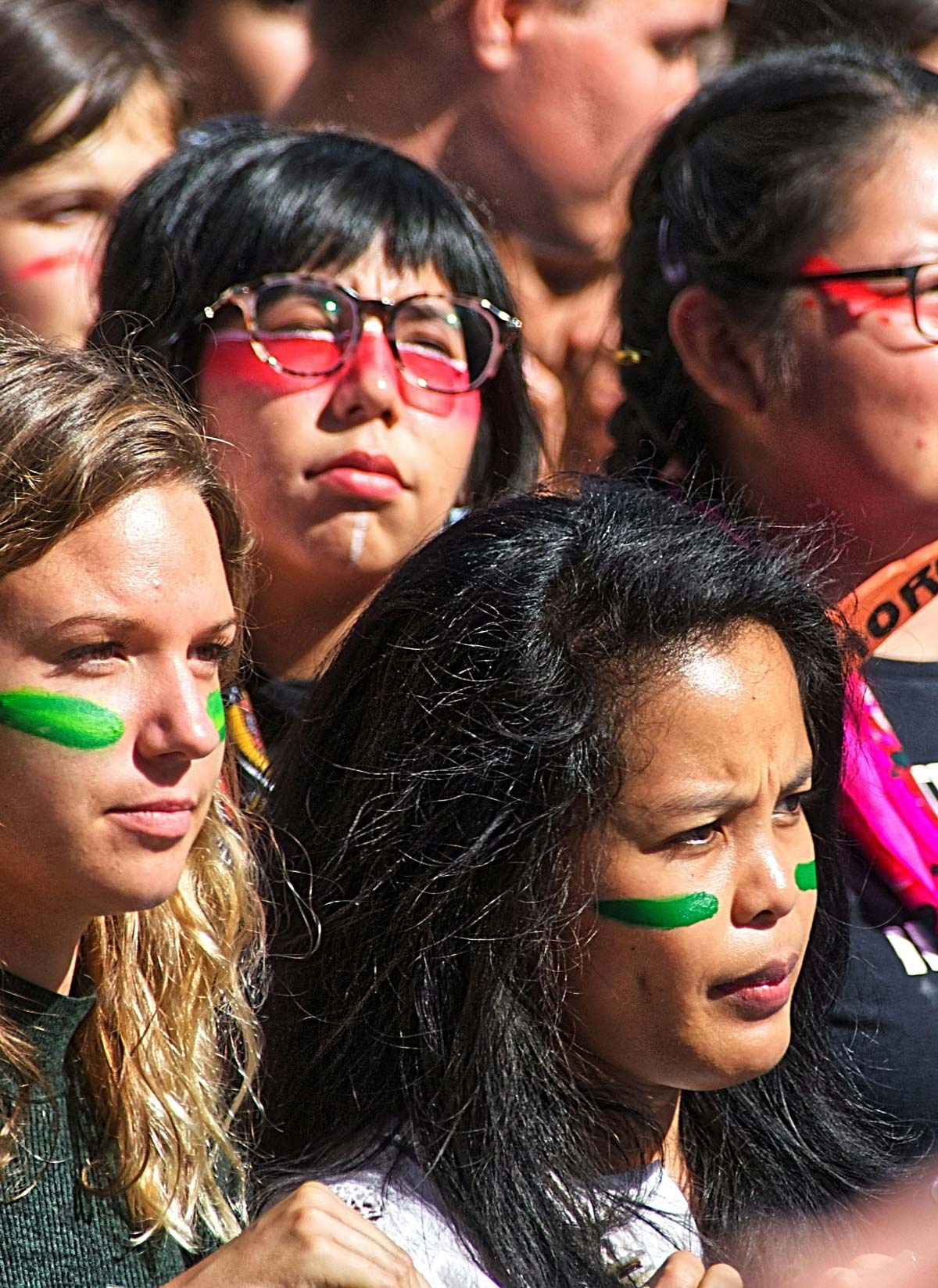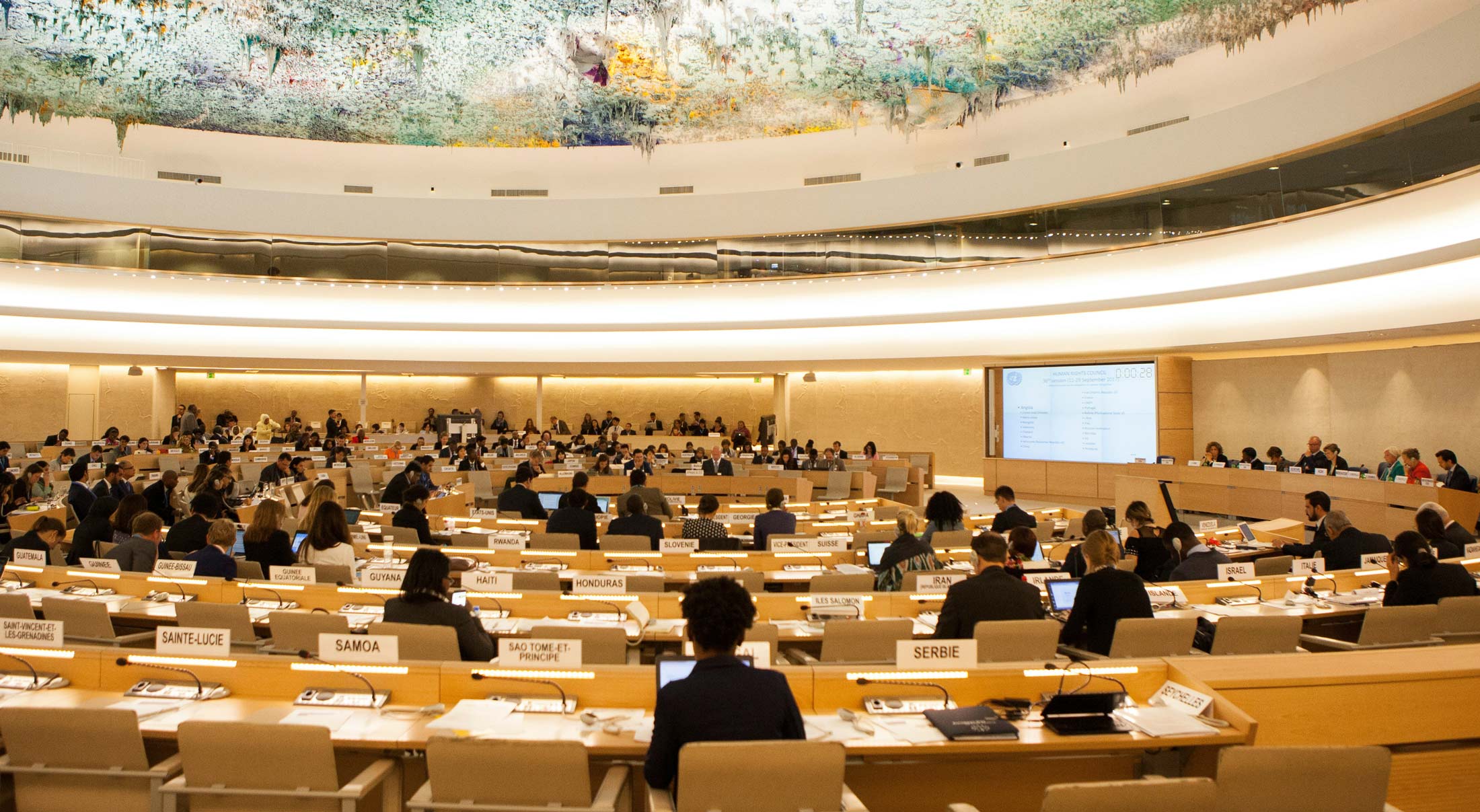
ACTING FOR
THE FUTURE OF
HUMANITY
Emilia Saiz
Secretary General United Cities and Local Governments (UCLG)
One year after the adoption of our Pact for the Future of Humanity, the willingness of local and regional governments to contribute to a collective, sustainable, more just future that leaves no one and no place behind remains untouched. This is not a small thing in the context of polycrisis and global shocks that greatly impact our capacity to act but also the type of action that will be needed.
The experiences accumulated during the pandemic and the post-pandemic context have inspired new service models and a great consciousness of the need to strengthen the ownership of the communities over the policies that need to shape the future.
From rapidly rising temperatures in urban areas and the swift evolution of artificial intelligence to the escalation of hate speech and innovative technologies to reduce waste… the future of work, and sustainable agriculture, demography and its link to human mobility, youth, accessibility, access to water, the challenges and opportunities that lie ahead prove to be both daunting and hopeful.
The trends that the world is facing and the priorities of the international agenda will require empowered and involved local and regional governments to make them our own and to address them at the centre of our localisation strategies.
A renewed narrative to transform global discussions
As we grow closer to 2030, we must work on new models reflecting our new realities. The needs of our populations and our planet must be addressed as one, including their need for care. Local and regional governments understand that renewing the social contract to improve justice and sustainability in urban life requires adopting a city- and region-wide scale. It means rethinking how care is delivered, who the caregivers are, what their role in society is, and how institutions can protect them.
Local and regional governments believe that care and equality go hand-in-hand. As such, we are committed to an equality agenda that guarantees equal rights for all, empowers women and men equally, and puts the well-being of people and our planet as the highest priority. Securing women’s equal and meaningful participation in public and political life is a prerequisite to developing healthy and egalitarian societies that leave no one behind.
We understand that an equal world is peaceful, so we develop peacebuilding based on care and treasuring our differences. With the development of the UN Secretary General’s New Agenda for Peace, local and regional governments are proving to be, now more than ever, essential for constructing peace from the bottom up. Local peacebuilding efforts and the localisation of the peace agenda call for addressing the root causes of conflict, such as poverty, inequality, and lack of access to education and healthcare, contributing to the prevention and resolution of disputes.
Local and regional governments are decisive political actors in localising all global agendas, addressing structural inequalities with human rights, gender equality and care as cross-cutting levers. By nurturing sustainable development at the grassroots level, localising the SDGs becomes a powerful catalyst for building resilient, more equal, and peaceful societies.

Local governments guaranteeing a better future for our populations
The International Conference on Population and Development (ICPD) turns thirty in 2024. This milestone shines a light on the importance of prioritising the rights and aspirations of our populations. Local and regional governments are integral to ensuring the localisation of ICPD. On its 30th anniversary, we are working towards a renewed paradigm on demography by placing all needs at the centre.
The localisation of the ICPD is essential to deliver a world without poverty, where all people have equal access to health as a global and local common, and where care is delivered through basic service provision. It is a reminder that essential service delivery is perhaps the greatest tool to reduce social and territorial inequalities, develop solutions to the challenges and opportunities of population growth, and deliver a better world for the more than eight billion people who live within it.
The positions that the municipal movement has held as its own -the defence of our common goods, local democracy, and renewed finance mechanisms- are essential to bring about a better future for our populations. The movement is ready to play its part in a renewed and ambitious common agenda focusing on a world post-2030, looking towards a brighter future.
Towards and beyond the Summit of the Future
The upcoming Summit of the Future, in which the UN Pact for the Future is set to be adopted, should be a pivotal moment for the future of multilateralism and to accelerate commitments and actions to localise the universal development agendas. However, in the current context, the journeys to the Summit raise unanswered questions: What will the landscape be like in the remaining five years to achieve our goals? Are our communities adequately represented? It also leaves an unspoken question for our movement: what is the new frontier after this Summit? How are we best positioned to deliver?
In the backdrop of these realities, local and regional governments are putting much hope in this process to contribute to the redefinition of sustainable development. This involves a comprehensive examination of the financial architecture underpinning development initiatives and a different place for local service delivery in future plans.
By envisioning a world with our community at the centre, we are also urged to rethink our structures. We need an international financial system that is fit to respond to the needs of society. Through inclusive and healthy financial governance, we must foster an environment of trust and transparency throughout institutions and governments that rebuild ties between our communities and their governments.
The outcome of the Summit for the Future needs to be built on local communities’ knowledge and experiences. We are on a journey to ensure these visions and ambitions are acted on. This is how to achieve the universal development agendas: working together as one for a more equal, peaceful, and caring world for all.

 This publication was produced with the financial support of the European Union. Its contents are the sole responsibility of UCLG and do not necessarily reflect the views of the European Union.
This publication was produced with the financial support of the European Union. Its contents are the sole responsibility of UCLG and do not necessarily reflect the views of the European Union.